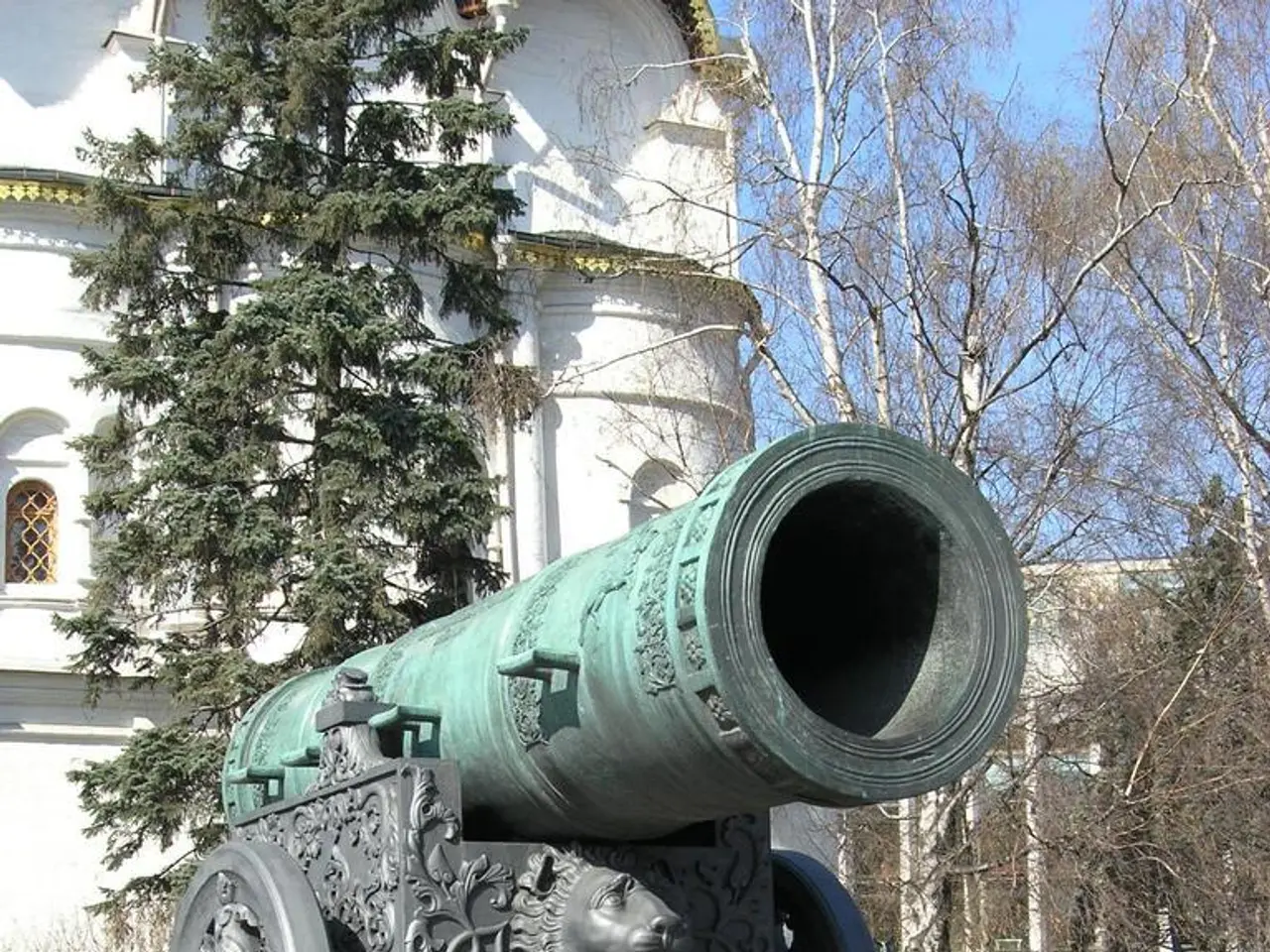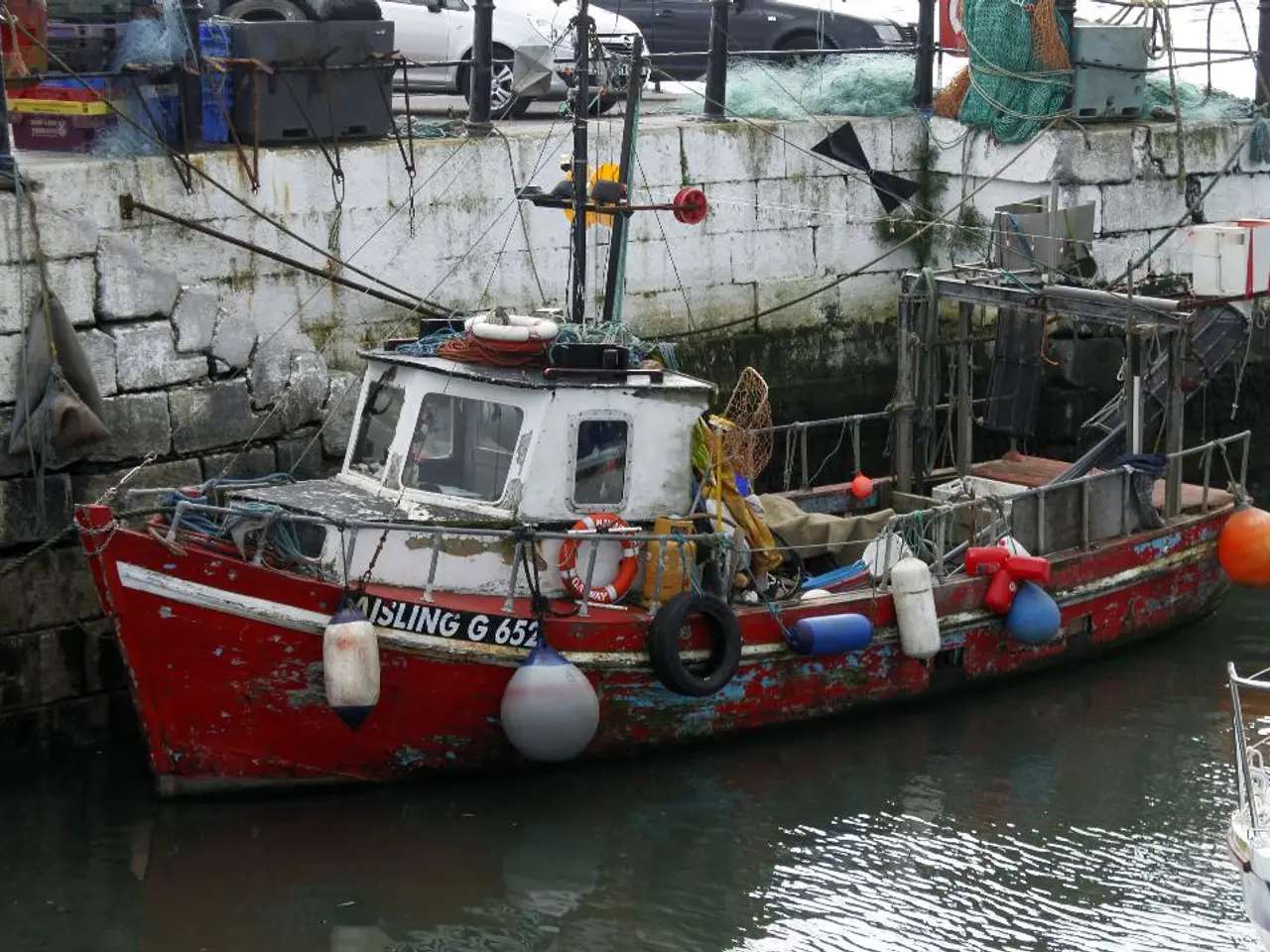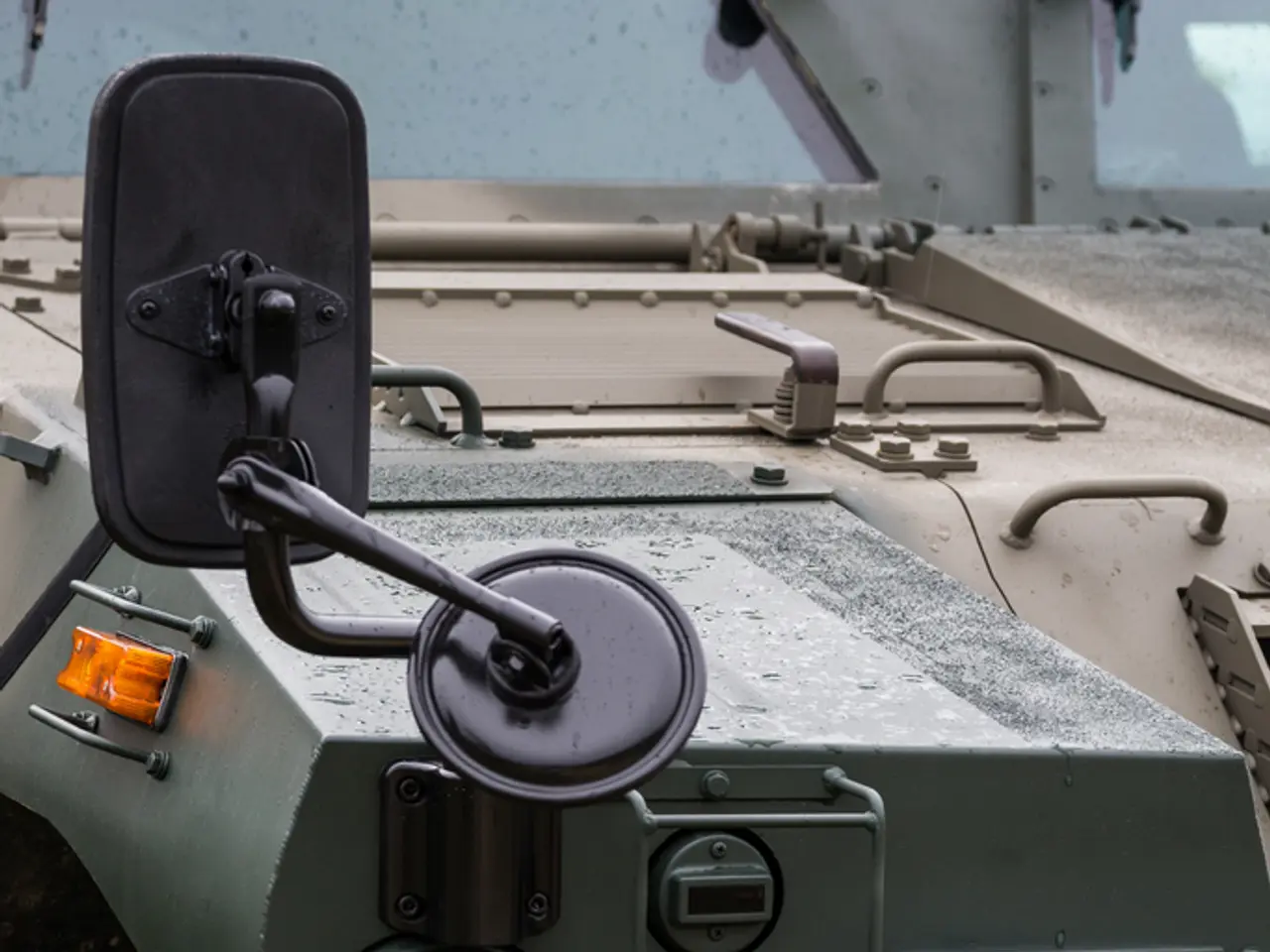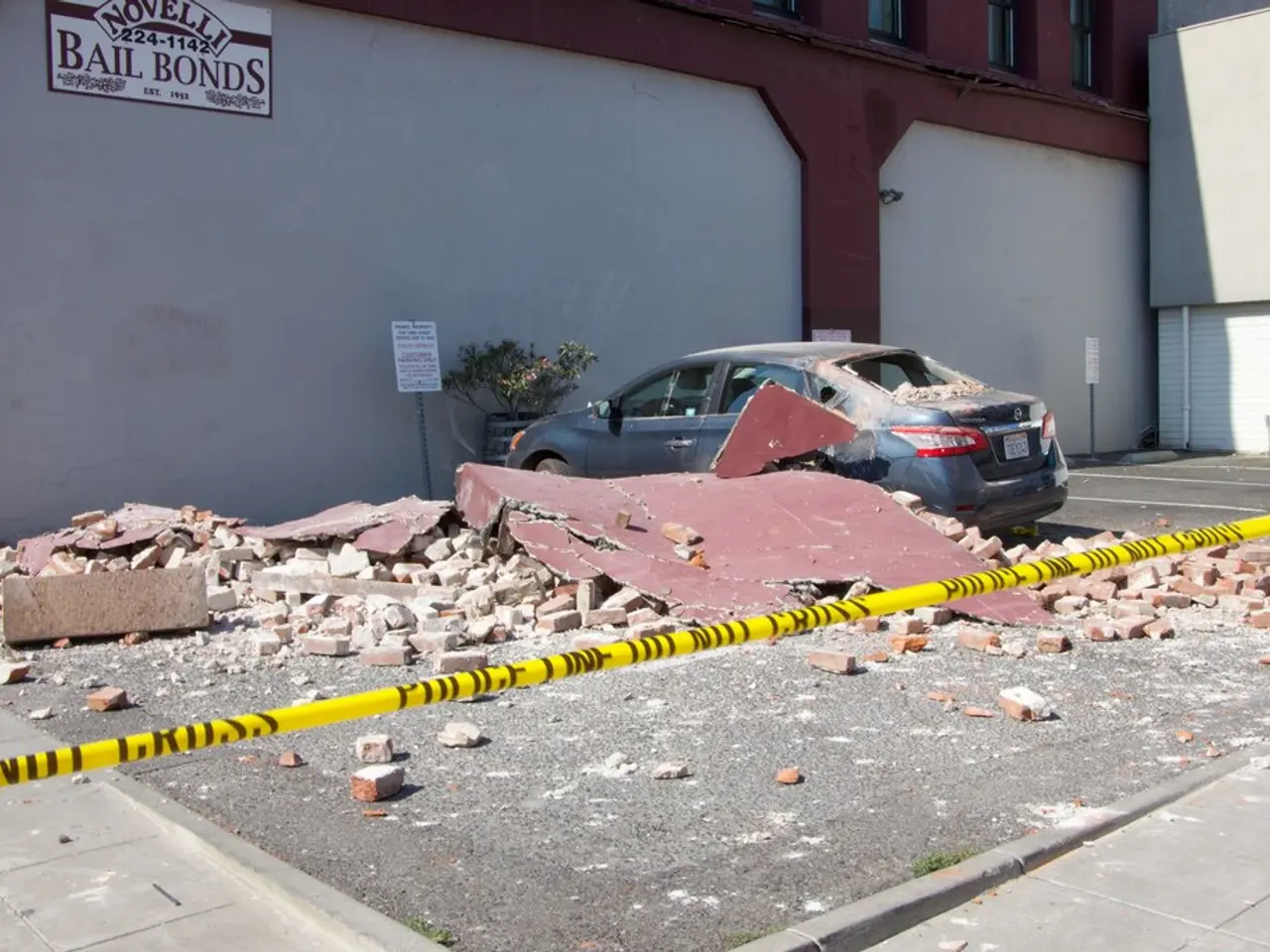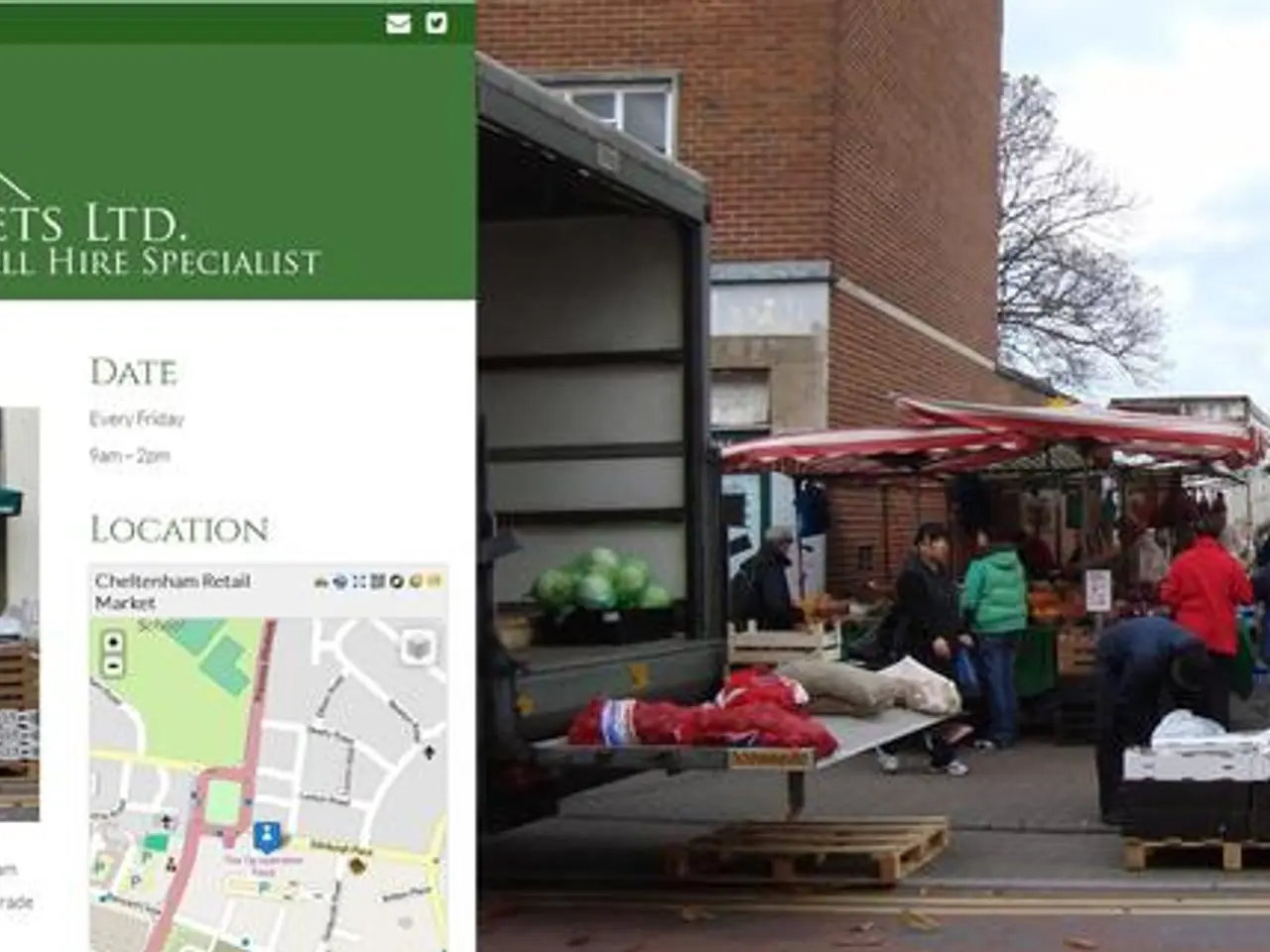Munching on More Than Potatoes: Russia's Economic Struggles Deepen
Escalating Economic Struggles in Russia Continue to Mount
Russia, a nation with vast agricultural lands, is experiencing a shortage of potatoes, onions, sugar beets, and some vegetable types. Even President Vladimir Putin has expressed concern. "Looks like we've run out of taters," he lamented recently. The surge in food prices, particularly potatoes, onions, and cabbage, are fueling Russia's inflation, which currently stands at 9.6%.
Ordinary Russians are grappling with the increasing costs of essential food items. Within the past year, the price of potatoes has nearly tripled, while onions have doubled in price. Cabbage costs over 50% more compared to a year ago. These price hikes are leading to a financial squeeze for many Russians.
Political Ramblings and Economic Woes
Russians ended up paying more than €1 for a kilogram of potatoes in June. With an average pre-tax income of around €1000, and pension payments of just over €200, the price hike is significant. Indeed, rising food prices are the main drivers of inflation in Russia.
The Central Bank is attempting to control inflation with high-interest rates—currently at 20%. However, Russia has encountered additional complications. Economic Minister Maxim Reshetnikov recently predicted problems for the domestic economy during his speech at Putin's showcase event, the St. Petersburg International Economic Forum (SPIEF). According to Reshetnikov, Russia is teetering on the brink of a recession. Investments in the third and fourth quarters could drop below last year's levels, he estimated.
Central Bank Governor Elvira Nabiullina defended her monetary policy but admitted that Russia's economic growth has been primarily due to defense sector investments. She also admitted that many of these resources have been exhausted and called for a new growth model.
Efforts to Boost Agriculture and Manufacturing
Although the defense sector growth has been impressive, the civilian industries have been struggling for quite some time. They are grappling with high expenses, labor shortages, and technological backwardness—issues that are further exacerbated by sanctions.
The construction and real estate sector is in a severe crisis, while car production has stalled since Western manufacturers stopped offering their services. While China is selling more cars in Russia, it is not producing them locally. Avtovaz, a Lada manufacturer within the Chemezov business empire, has failed to offset the loss left by Western automakers. New auto sales have declined once again after a brief rebound in 2024, with only around 450,000 vehicles sold during the first five months—a 26% decrease compared to the previous year.
Tractor and combine harvester manufacturer, Rostselmasch, is also facing challenges. The company has sent more than 15,000 employees on temporary leave, causing stress and uncertainty for the workers. Rostselmasch has struggled to cope with the absence of Western competitors, as sales of combine harvesters have stagnated and there has been a further 10-15% decrease this year. The company's warehouse holds about 40% of its annual production. Unable to afford new farming equipment, farmers are facing struggle and financial strain.
A Bountiful Harvest? Not This Year
The stress on the agricultural and manufacturing sectors has had an impact on the harvest. In the first year of the war, Russia reported a record grain harvest of 157 million tons, but yields have decreased in the last two years. Deputy Prime Minister Dmitry Patrushev warned that the current trend must be reversed quickly to meet Putin's 2030 goals of a 170-million-ton grain harvest and 80-million-ton grain export target.
Presumably, a good harvest will lead to a temporary drop in food prices and ease the financial strain on the Russian population. However, for now, they must make do with a more modest helping of potatoes.
[1] Economic challenges beyond defense production: http://eurasia.stftaiwan.gov.tw/DB_Template/ASP/UpdateNotice/UQ2A79FZZ38=.ASP[2] Sanctions and their impact on Russia's economy: https://www.jpmorganchase.com/research/economics/market-insights/global-research-blog/north-america/u-s-sanctions-make-russia-economic-achievements-uncertain-15733190[3] The war in Ukraine and Russia's economy: https://disQuant.io/research/the-war-in-ukraine-and-russias-economy[4] Industry structure and resource allocation in Russia: https://www.themossfoundation.org/wp-content/uploads/2021/01/The-Industrial-Structure-of-the-Russian-Economy-RAS-119-Guardini.pdf[5] Inflation dynamics in Russia: https://bruegel.org/2022/06/how-inflation-dynamics-are-evolving-in-russia-despite-tight-monetary-policy/
- The economic minister, Maxim Reshetnikov, has voiced concerns about the domestic economy, predicting potential investment declines and the possibility of Russia entering a recession, given the high-interest rates and inflation caused by the rise in food prices, especially employment policy being a significant factor in this inflation.
- In light of the struggles in the agricultural and manufacturing sectors, such as tractor and combine harvester manufacturer, Rostselmasch, employing over 15,000 workers and facing challenges due to the absence of Western competitors, implementing effective employment policies has become crucial for Russia to overcome labor shortages, technological backwardness, and foster economic growth.
